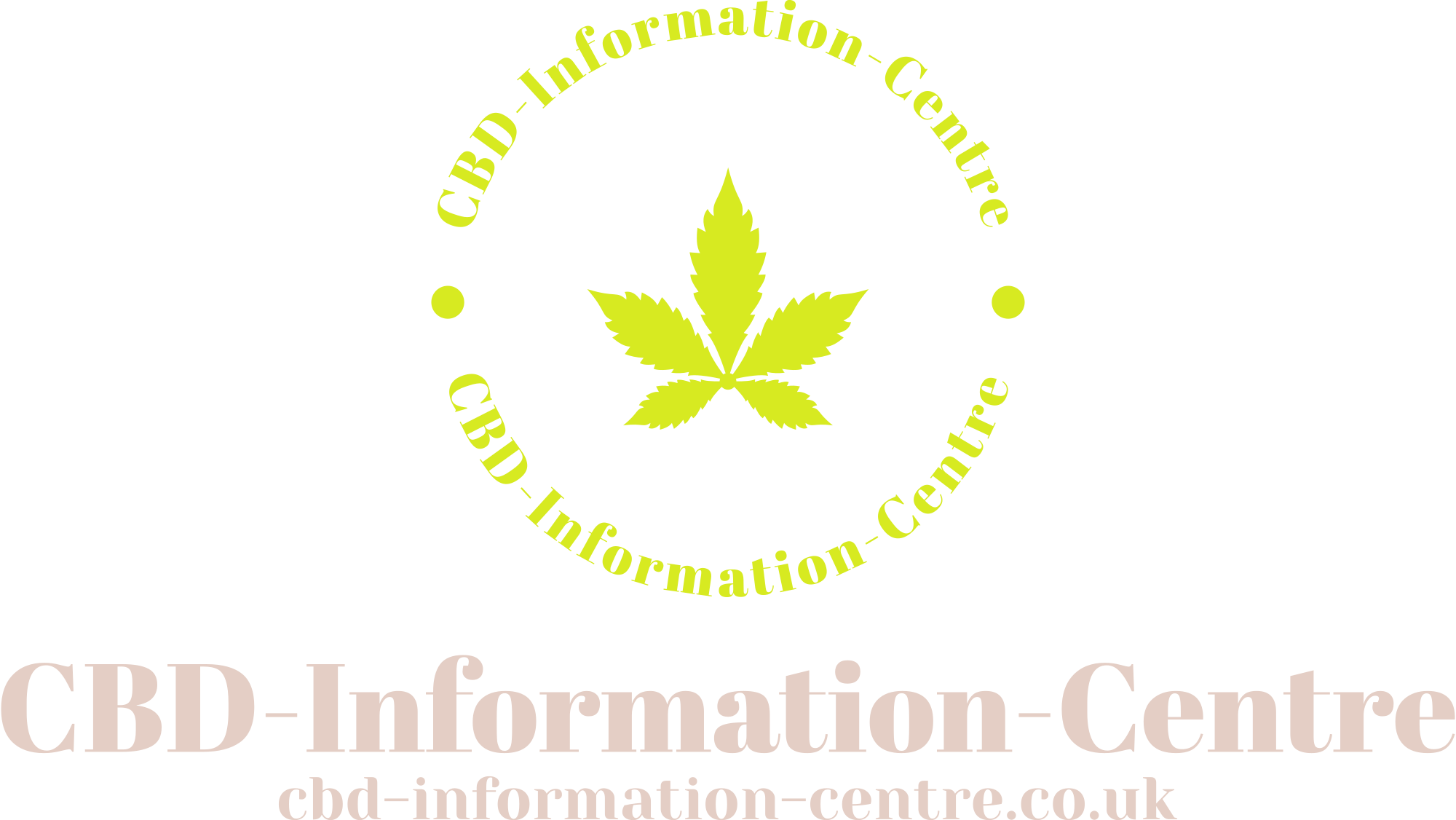THC Soda vs. Delta-8 Drinks: Key Differences
The cannabis beverage market is booming, with options ranging from traditional THC sodas to newer contenders featuring Delta-8 THC. While both offer a psychoactive experience, their origins, effects, and legal status differ significantly. Understanding these key distinctions is crucial for consumers navigating this evolving landscape.
Legality
THC soda contains delta-9 THC, the primary psychoactive compound found in cannabis. It produces the classic “high” associated with marijuana use, characterized by euphoria, relaxation, altered perception, and potentially increased anxiety or paranoia. Delta-8 THC drinks, on the other hand, contain a different cannabinoid, delta-8 THC, which is chemically similar to delta-9 but generally produces milder effects. Users report feeling less intense psychoactive effects, often described as more clear-headed and focused than traditional THC.
Legally speaking, the landscape for both types of beverages varies greatly depending on location. Products containing delta-9 THC are federally illegal in the US, but some states have legalized recreational or medical marijuana, allowing for regulated sales of THC-infused drinks within their borders. Delta-8 THC, derived from hemp and containing less than 0.3% delta-9 THC, is currently legal on a federal level in the US, but individual states may have varying regulations regarding its sale and consumption.
Chemical Structure and Effects
The key difference between THC soda and Delta-8 drinks lies in their chemical composition and resulting effects. THC soda contains delta-9 THC, responsible for the classic marijuana high, while Delta-8 drinks contain delta-8 THC, a milder analog that produces less intense psychoactive effects.
Chemically, delta-8 THC differs from delta-9 THC by a single double bond in its molecular structure. This subtle difference translates to variations in how the body processes and reacts to each compound.
Potency and Duration
THC soda delivers a more potent psychoactive experience due to its higher concentration of delta-9 THC, often leading to feelings of euphoria, relaxation, altered perception, and potentially anxiety or paranoia.
Delta-8 drinks generally produce milder effects, characterized by clarity and focus rather than intense euphoria. Their lower potency means the onset of effects is usually slower and the duration shorter compared to traditional THC sodas.

Flavor Profiles and Availability
Flavor profiles for both THC soda and Delta-8 drinks vary widely depending on the brand and specific formulation. Manufacturers often experiment with different fruit flavors, citrus notes, and even herbal infusions to create unique taste experiences. Popular options include lemon lime, berry, mango, and cola, but innovation in this space is constant.
Availability of THC soda and Delta-8 drinks is subject to strict regulations that vary significantly by location. THC soda containing delta-9 THC is generally only available for purchase in states where recreational or medical marijuana has been legalized. In these areas, it can be found in licensed dispensaries or specialty retailers.

Delta-8 THC drinks, due to their legal status at the federal level (though subject to state-specific regulations), have wider availability. Online retailers and some convenience stores may carry them, but it’s essential to verify local laws before purchasing or consuming Delta-8 products.
Health Considerations
The cannabis beverage market offers a variety of options, including THC soda and Delta-8 drinks. While both provide a psychoactive experience, they differ in their origins, effects, and legal status. Understanding these distinctions is crucial for informed consumption.
THC soda contains delta-9 THC, the primary psychoactive compound in cannabis. It produces the classic “high” associated with marijuana use, characterized by euphoria, relaxation, altered perception, and potentially increased anxiety or paranoia. Delta-8 THC drinks, on the other hand, contain delta-8 THC, a cannabinoid chemically similar to delta-9 but generally producing milder effects. Users report feeling less intense psychoactive effects, often described as more clear-headed and focused compared to traditional THC.
Legally, both types of beverages have varying statuses depending on location. Products containing delta-9 THC are federally illegal in the US, but some states allow recreational or medical marijuana sales, enabling regulated distribution of THC-infused drinks within those borders. Delta-8 THC, derived from hemp and containing less than 0.3% delta-9 THC, is federally legal in the US, but individual states may have specific regulations regarding its sale and consumption.
The key difference between THC soda and Delta-8 drinks lies in their chemical composition and resulting effects. THC soda delivers a more potent psychoactive experience due to its higher concentration of delta-9 THC. This can lead to feelings of euphoria, relaxation, altered perception, and potentially anxiety or paranoia.
Delta-8 drinks generally produce milder effects characterized by clarity and focus rather than intense euphoria. Their lower potency means the onset of effects is usually slower and shorter compared to traditional THC sodas.
Availability of THC soda and Delta-8 drinks is subject to strict regulations that vary by location. THC soda containing delta-9 THC is generally only available in states where recreational or medical marijuana is legal, typically sold in licensed dispensaries or specialty retailers. Delta-8 THC drinks, due to their federal legal status (with state-specific variations), have wider availability. Online retailers and some convenience stores may carry them, but it’s crucial to verify local laws before purchasing or consuming Delta-8 products.
Cloud Cola’s marijuana-infused drinks – order now
- Tear Trough Filler – Under Eye Filler Near Titsey, Surrey - May 21, 2025
- How Soon Can You Kiss After Lip Filler - May 20, 2025
- The Dangers Of Codependency In Love And How To Break Free - May 20, 2025
